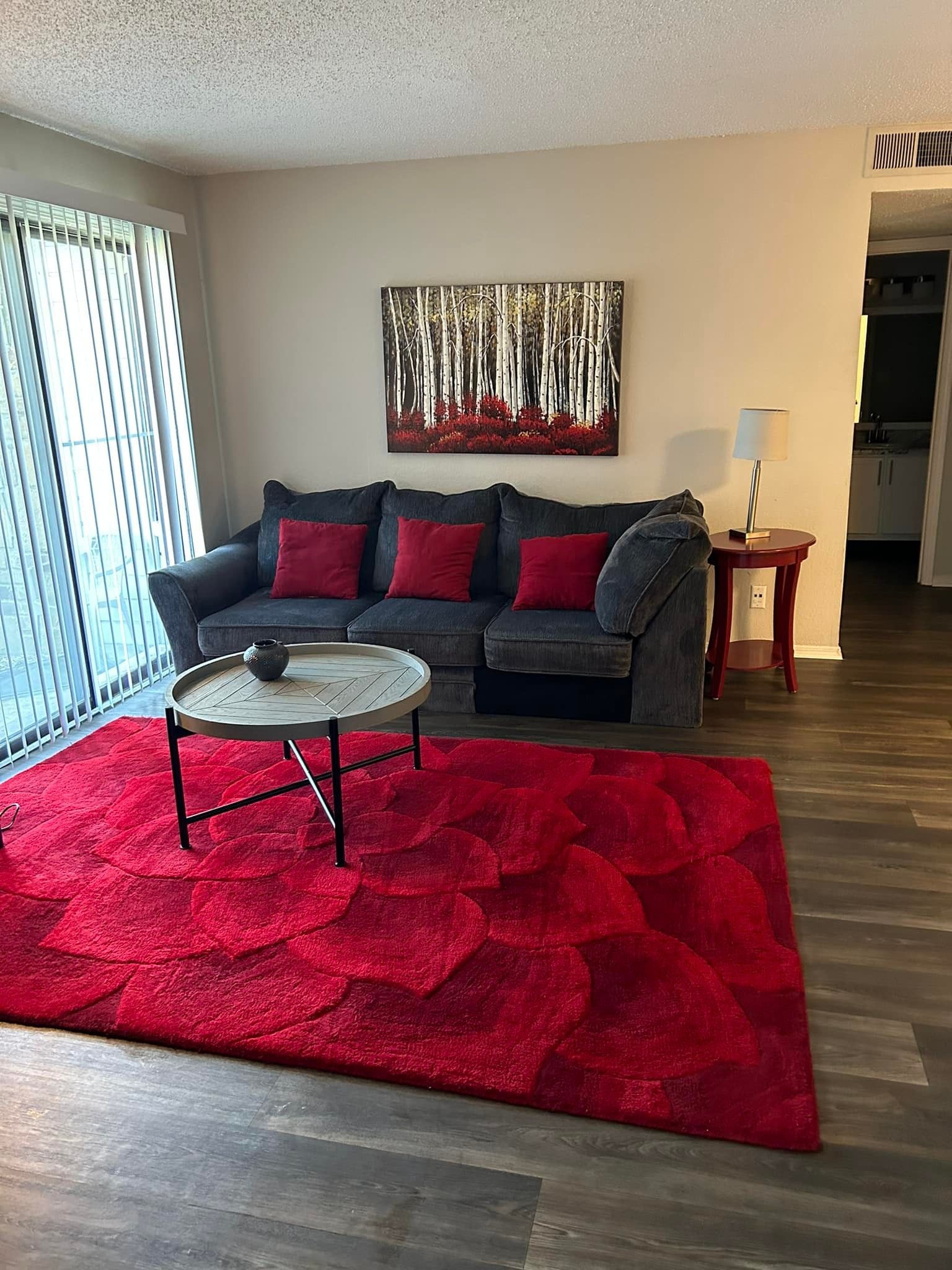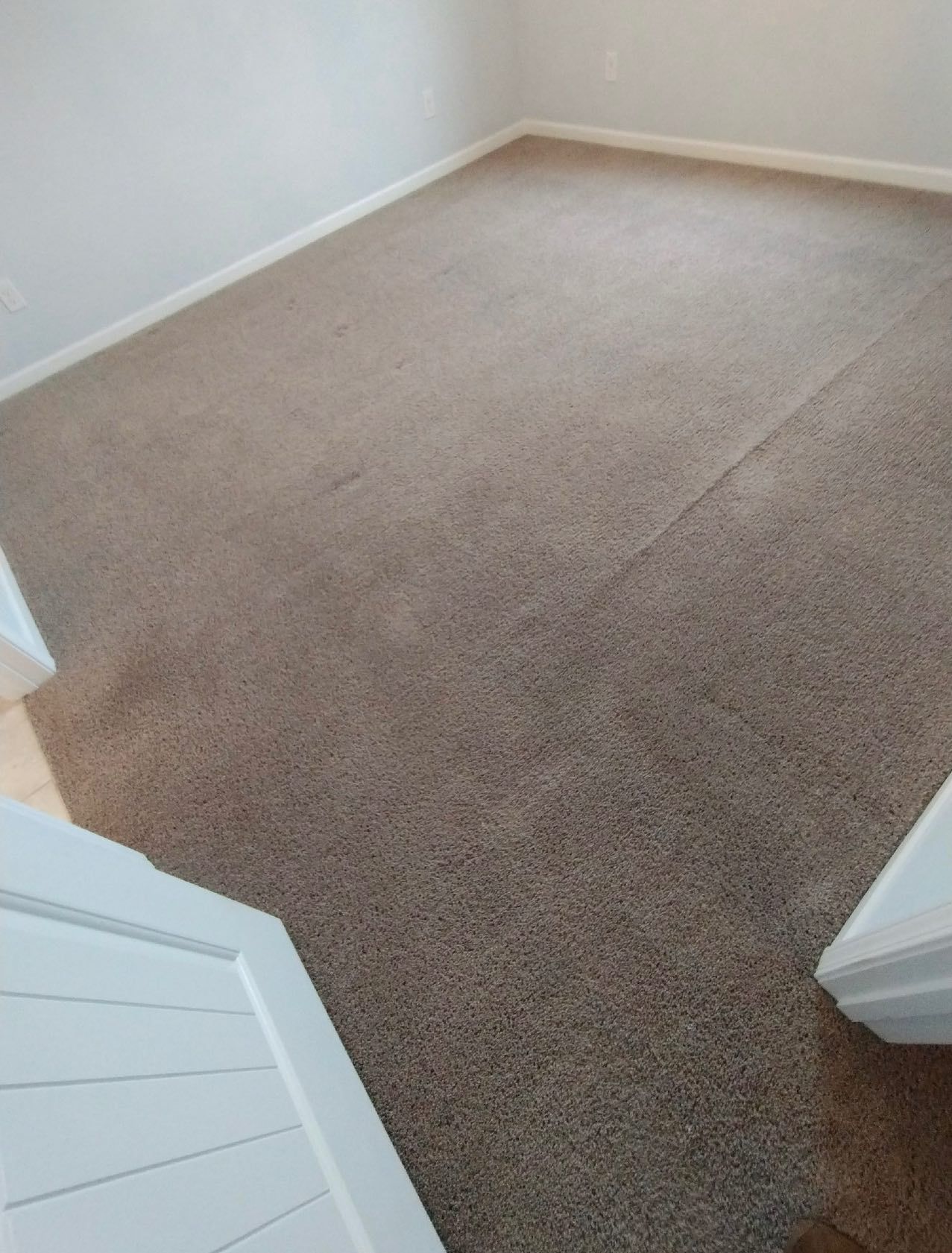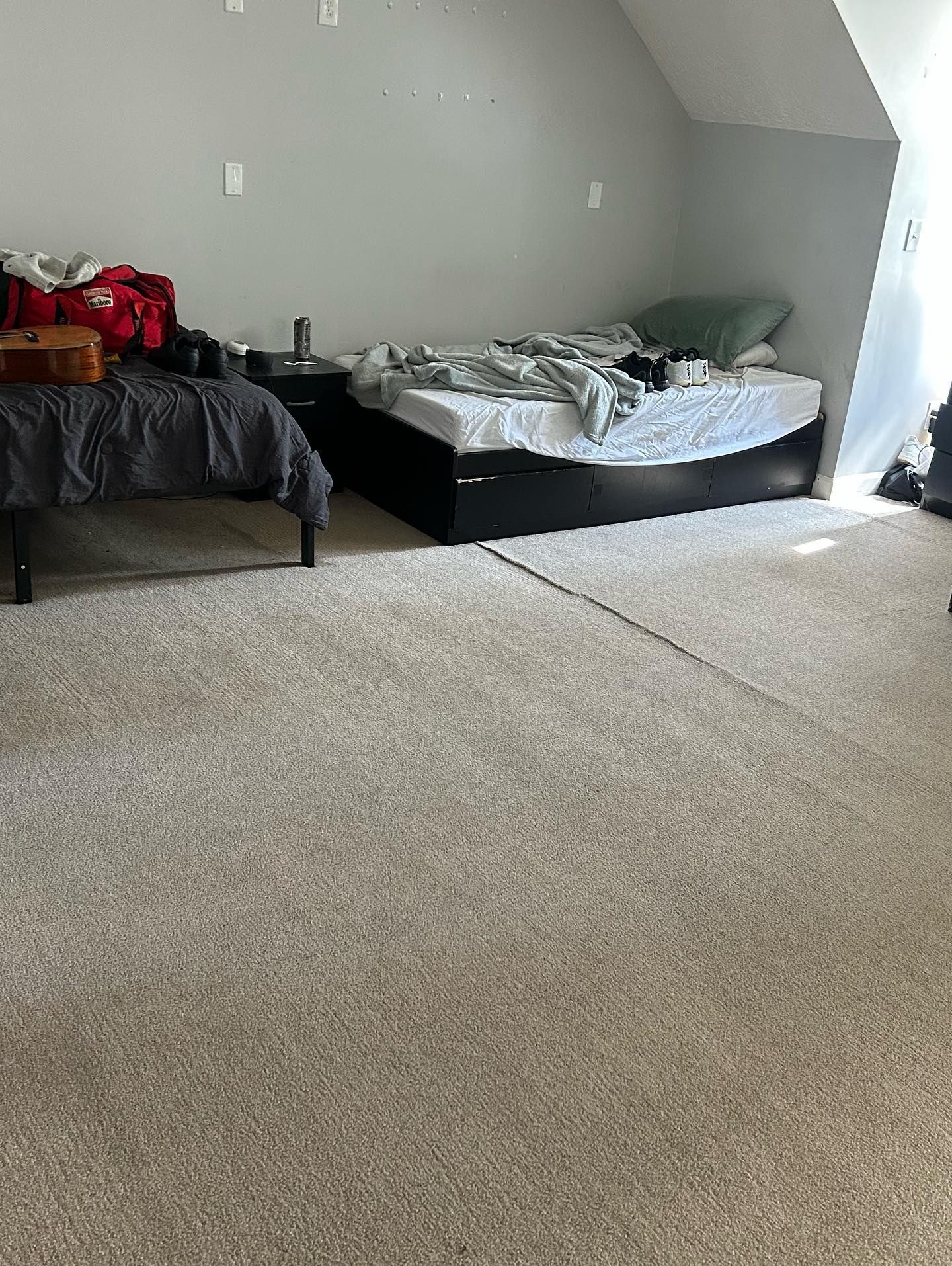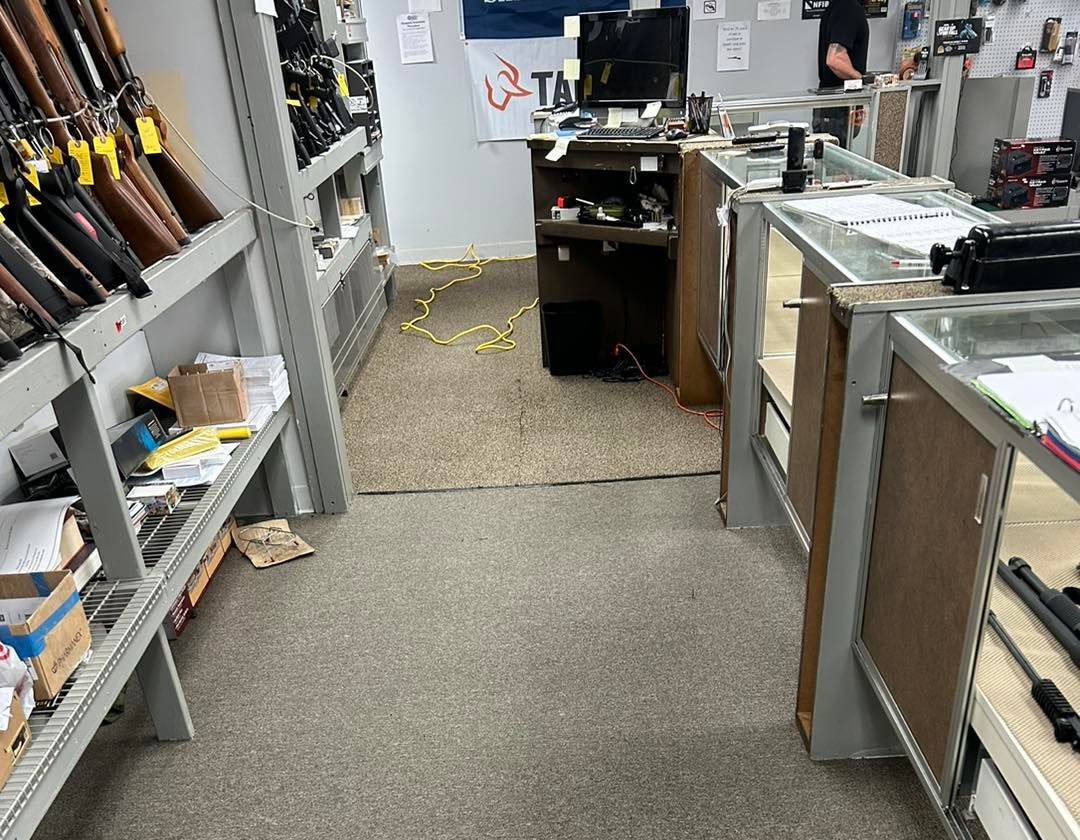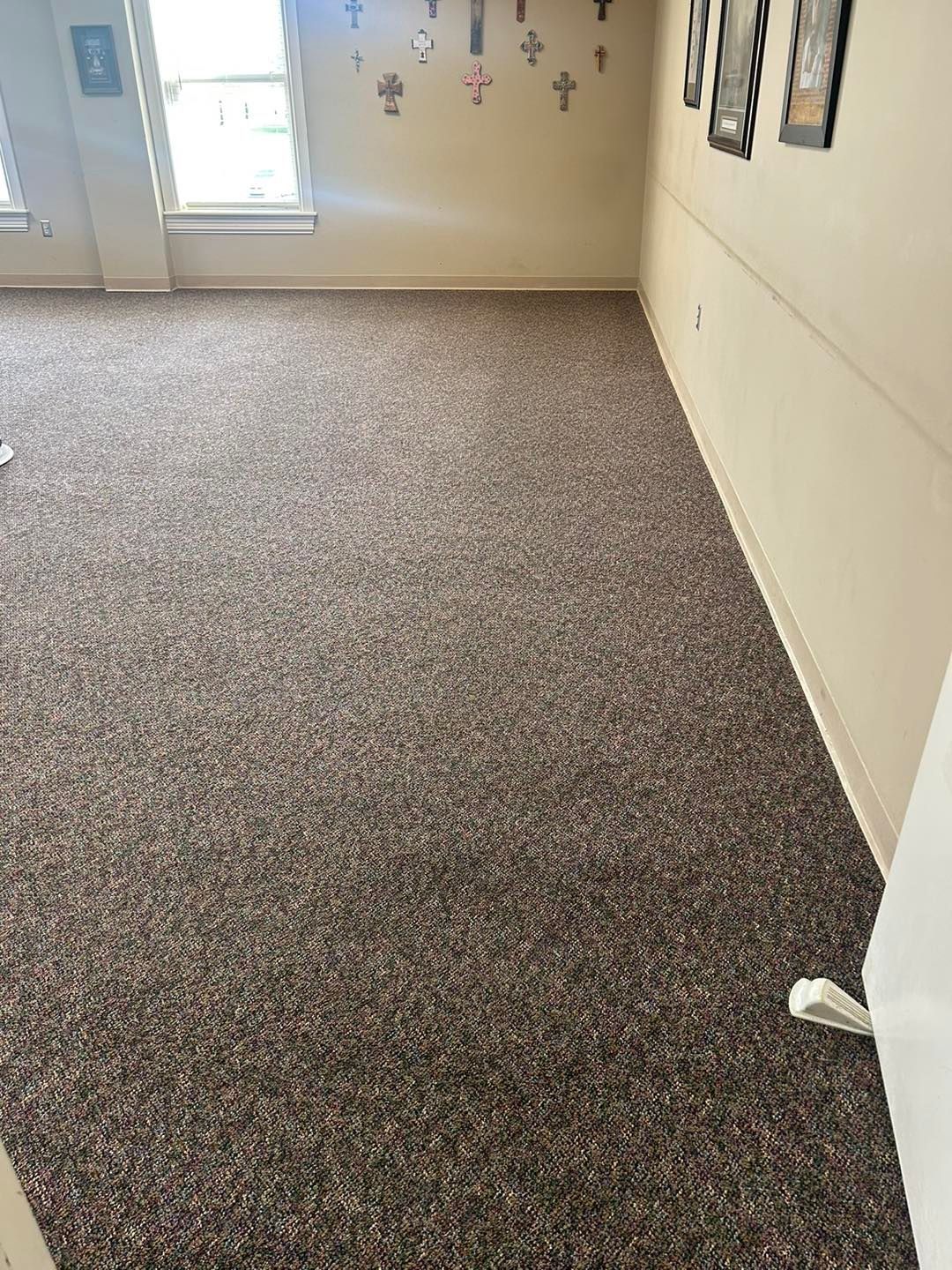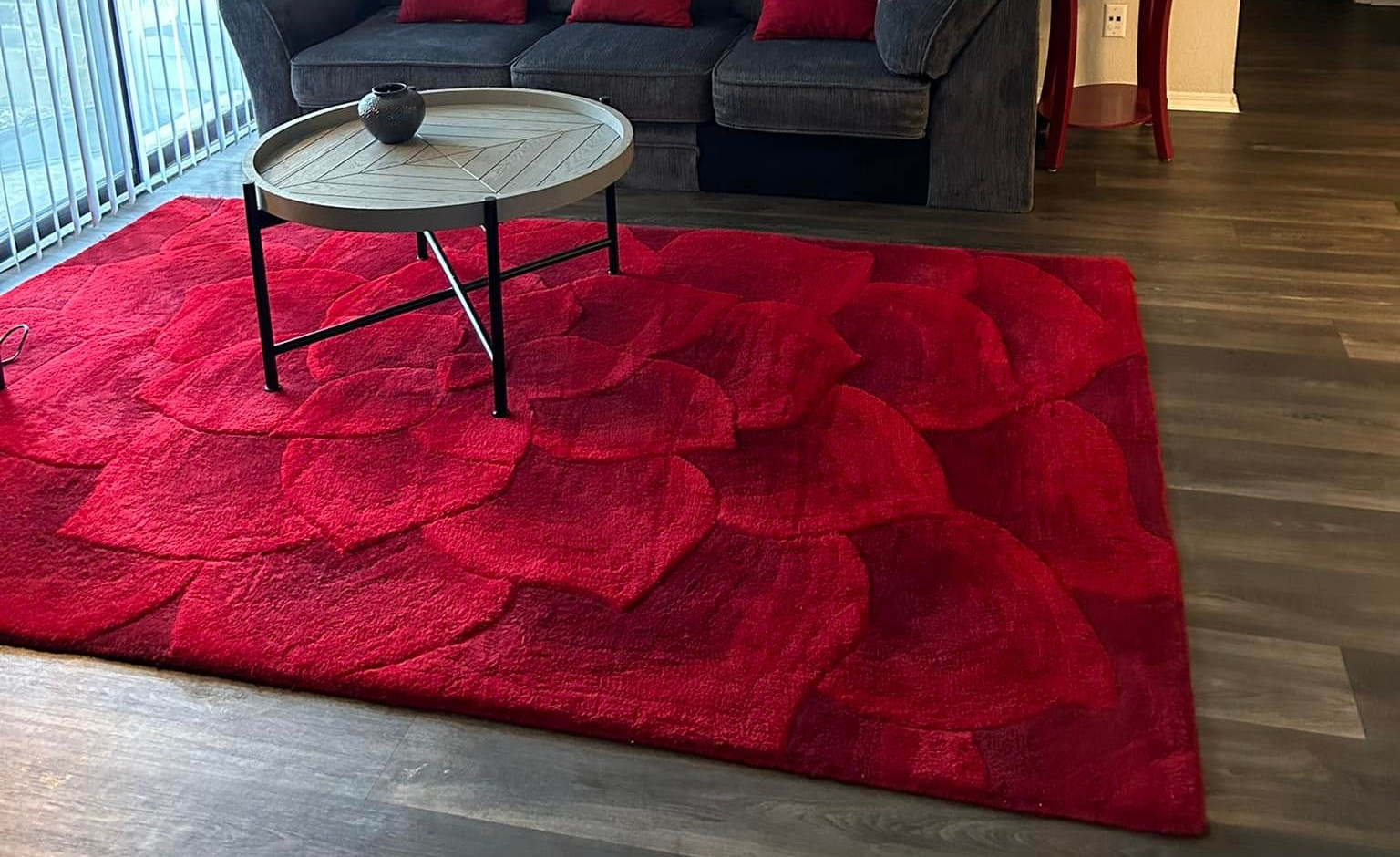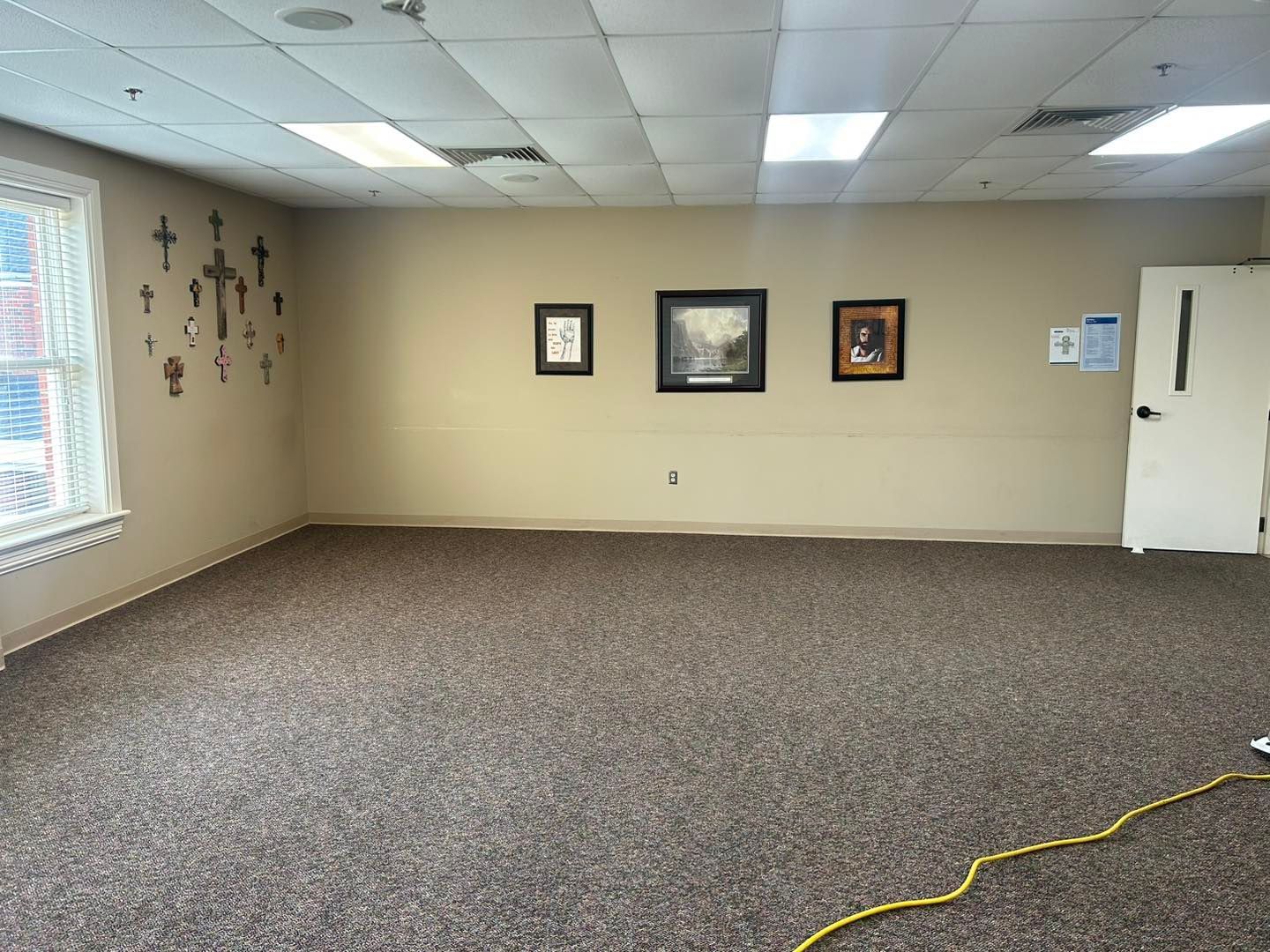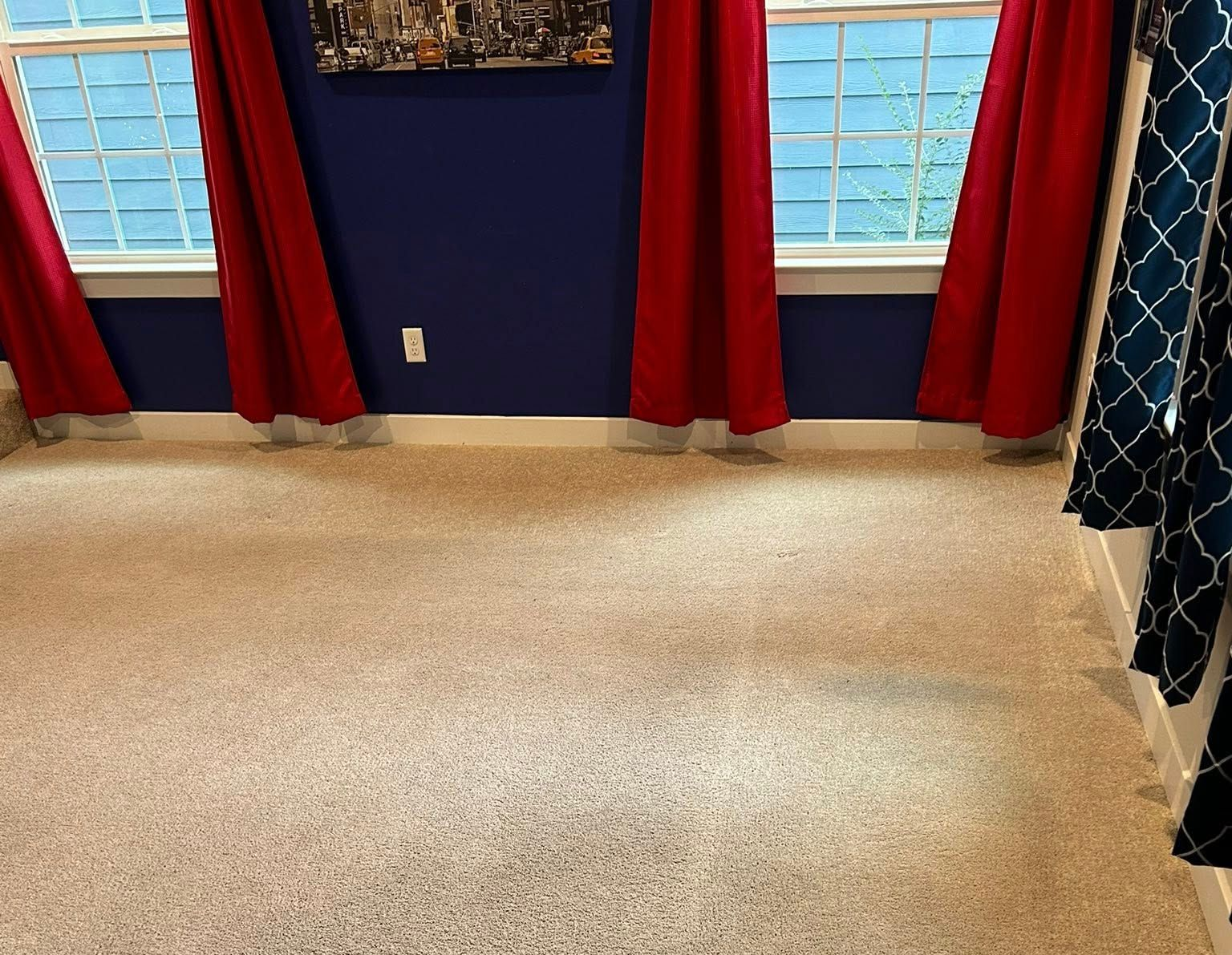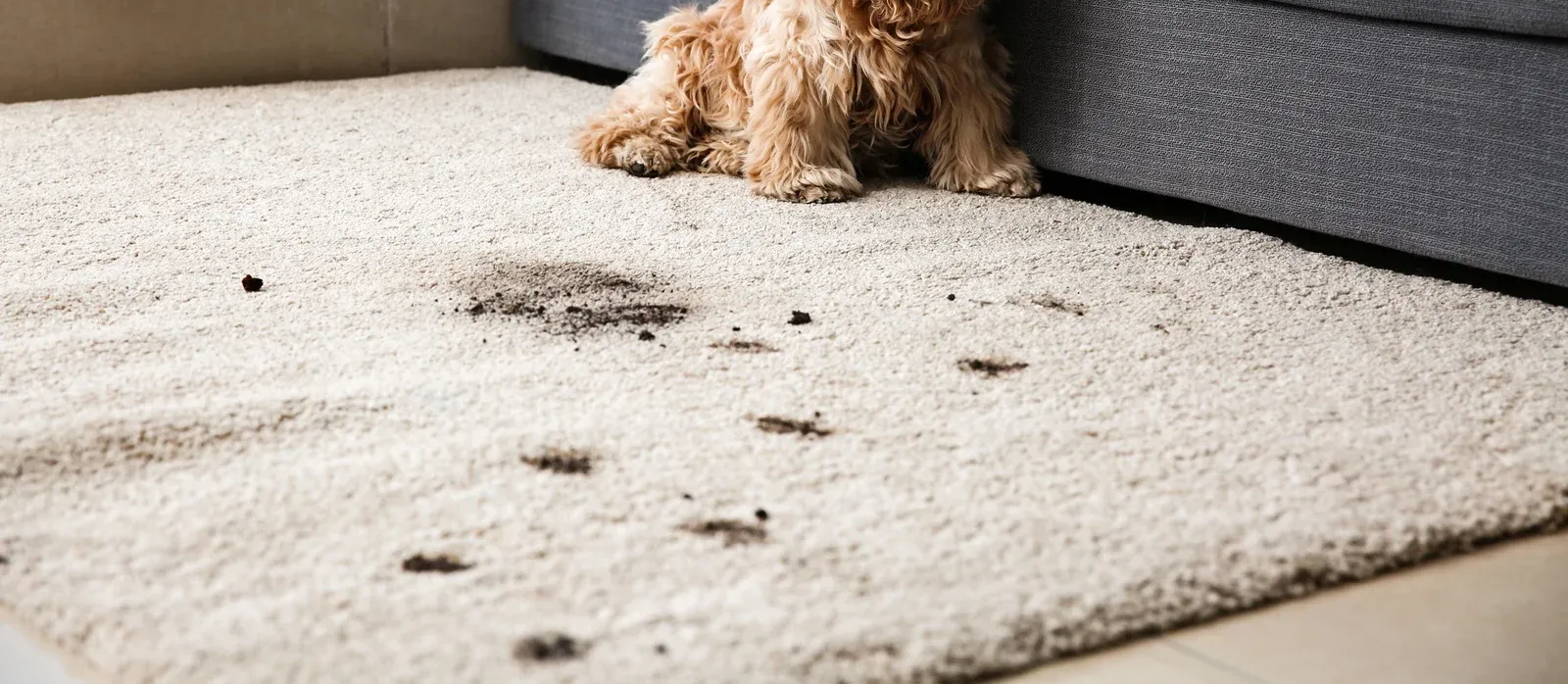High-Traffic Area Carpet Restoration in Murfreesboro Homes
Murfreesboro households experience heavy carpet wear in entryways, hallways, family rooms, and kitchen areas. These zones accumulate soil faster, show wear patterns sooner, and require specialized restoration techniques to maintain appearance and extend carpet life.
Understanding Traffic Pattern Development
High-traffic areas develop distinct problems that differ from general carpet soiling:
Fiber Flattening
Repeated foot traffic compresses carpet pile, creating flat, matted areas that look darker and feel different underfoot.
Soil Embedding
Dirt particles get ground deep into fibers under foot pressure, creating permanent-looking discoloration that regular vacuuming cannot remove.
Oil Accumulation
Body oils from bare feet and shoe residues collect in high-use areas, attracting additional soil and creating sticky surfaces.
Common Murfreesboro Traffic Patterns
Local lifestyle factors create predictable wear patterns in area homes:
Entryway Wear
Front doors, back doors, and garage entrances show heavy soiling from Tennessee's red clay soil and seasonal weather conditions.
Kitchen Transitions
Areas between kitchens and family rooms experience constant traffic during meal preparation and family gatherings.
Hallway Corridors
Main hallways connecting bedrooms and bathrooms develop linear wear patterns from daily movement throughout the home.
Professional Restoration Techniques
Effective traffic area restoration requires specialized approaches:
Pile Lifting Methods
Professional equipment and techniques can restore flattened pile to near-original height and texture through targeted cleaning and grooming.
Deep Soil Extraction
High-powered extraction systems remove embedded particles that create the appearance of permanent staining in traffic lanes.
Fiber Protection
Protective treatments help traffic areas resist future soil accumulation and maintain appearance longer between cleanings.
The Science of Carpet Restoration
Understanding carpet construction helps explain restoration possibilities:
Fiber Memory
Quality carpet fibers retain "memory" of their original position and can be restored to upright positions with proper techniques.
Twist Retention
Well-constructed carpets maintain twist in individual fibers, allowing restoration of texture and appearance even after significant wear.
Density Factors
Higher-density carpets resist traffic patterns better and respond more favorably to restoration efforts than lower-quality options.
Prevention vs. Restoration
Smart homeowners balance prevention strategies with restoration needs:
Strategic Furniture Placement
Thoughtful furniture arrangement can redirect traffic flow and distribute wear more evenly across carpet surfaces.
Area Rug Implementation
Well-placed area rugs in high-traffic zones protect underlying carpet while adding decorative elements to room designs.
Regular Maintenance
Frequent vacuuming prevents soil from embedding deeply, making professional restoration more effective when needed.
When Restoration Makes Economic Sense
Professional traffic area restoration proves cost-effective in many situations:
Carpet Age Factors
Carpets less than 10 years old often respond excellently to restoration, extending useful life significantly.
Quality Considerations
Higher-quality carpets with good fiber construction justify restoration investment over premature replacement.
Partial vs. Complete Replacement
Restoring traffic areas costs substantially less than whole-room carpet replacement while achieving impressive results.
The Restoration Process
Professional high-traffic area restoration follows systematic approaches:
Assessment and Planning
Technicians evaluate carpet condition, traffic patterns, and restoration potential before beginning work.
Pre-Treatment Application
Specialized solutions break down embedded oils and soils that normal cleaning cannot address effectively.
Deep Extraction Cleaning
High-powered equipment removes loosened soil and cleaning residues while beginning pile restoration.
Pile Manipulation
Professional grooming tools and techniques lift flattened fibers to restore original texture and appearance.
Protection Application
Protective treatments help treated areas resist future soiling and maintain restored appearance longer.
Realistic Expectations
Understanding restoration limitations helps homeowners make informed decisions:
Achievable Results
Most traffic areas can be restored to 70-90% of original appearance, representing significant improvement over worn conditions.
Permanent Limitations
Severe fiber damage or extremely worn areas may show improvement but cannot be completely restored to new condition.
Maintenance Requirements
Restored areas require ongoing professional maintenance to preserve improvements and prevent rapid re-soiling.
Local Murfreesboro Conditions
Area-specific factors affect traffic area restoration:
Soil Type Challenges
Tennessee's red clay creates particularly stubborn staining that requires specialized removal techniques.
Humidity Effects
Local humidity levels can affect drying times and restoration product effectiveness.
Seasonal Variations
Different seasons bring varying soil loads that impact traffic area wear and restoration timing.
Professional vs. DIY Approaches
Traffic area restoration typically exceeds DIY capabilities:
Equipment Requirements
Professional-grade extraction and grooming equipment produces results impossible with consumer machines.
Product Knowledge
Understanding which cleaning agents and techniques work for specific soil types and carpet constructions requires professional training.
Risk Management
Improper restoration attempts can worsen traffic area appearance or damage carpet permanently.
Expert Murfreesboro Service
Carpet Docs specializes in high-traffic area restoration for Murfreesboro homes. Our traffic area restoration services use advanced techniques and equipment to restore worn areas and extend carpet life significantly.
Maintenance After Restoration
Protecting restoration investments requires ongoing care:
Increased Vacuuming
Traffic areas benefit from daily vacuuming to prevent soil re-embedding in restored fibers.
Prompt Spill Response
Quick attention to spills prevents staining that could compromise restoration results.
Professional Maintenance
Regular professional cleaning maintains restoration results and prevents traffic patterns from redeveloping quickly.
Don't accept worn, unsightly traffic areas as permanent problems. Contact Carpet Docs at 615-903-8443 to explore professional restoration options that can dramatically improve your Murfreesboro home's carpet appearance while extending its useful life.
Investment Returns
Traffic area restoration provides multiple benefits:
- Significant appearance improvement at fraction of replacement cost
- Extended carpet life through professional fiber restoration
- Enhanced home value and aesthetic appeal
- Reduced need for premature carpet replacement
Professional high-traffic area restoration represents smart home maintenance that protects flooring investments while creating beautiful, comfortable living spaces throughout your Murfreesboro home.

